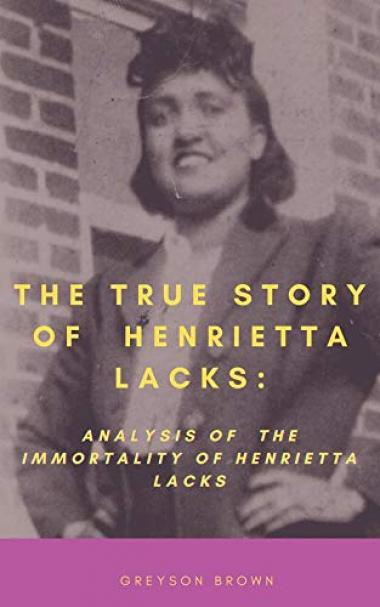
Henrietta Lacks (1920–1951), born Loretta Pleasant in Roanoke, Virginia, is known in the medical community because of the harvesting of her cells from a cervical cancer site for research while she was a patient at Johns Hopkins University. Unlike most harvested cells, which die within a few days, Henrietta's cells multiplied, so researchers created a cell line called HeLa, a term derived from the first two letters of her first and last names. The HeLa cell line, or strain, has since revolutionized medical research. These cells have been used to study cancers and the effects of toxins, drugs, hormones, and viruses on the growth of those cancer cells. Jonas Salk used the strain when he developed the polio vaccine. The HeLa cells have been used to test the effects of products on human cells, as well as the effects of radiation and poisons. They have been used to study the human genome and to help scientists understand how viruses work. Because of these cells, testing on human subjects was not necessary.
Although the use of Henrietta's cells resulted in enormous advances in medical research, the action of harvesting the cells without her knowledge or permission, along with the earlier practice of conducting medical experiments on African American subjects, has created controversy regarding ethics in medicine.
In The Immortal Life of Henrietta Lacks (2010), author Rebecca Skloot tells Henrietta's story, examines her impact on medical science, and raises the bioethical issues surrounding the harvesting and use of her cells. HBO/Harpo's film based on the book was released in 2017. Also in 2017, The Baltimore County Chapter of Jack and Jill, Inc., published a children's book, The Life and Cells of Henrietta Lacks. In 2020, Henrietta's grandson, Ron Lacks, published The Untold Story of Henrietta Lacks and, in 2021, Greyson Brown published The True Story of Henrietta Lacks: Analysis of the Immortality of Henrietta Lacks. John's Hopkins University regularly honors the legacy of Henrietta Lacks through programs, scholarships, symposia, and outreach to schools.





